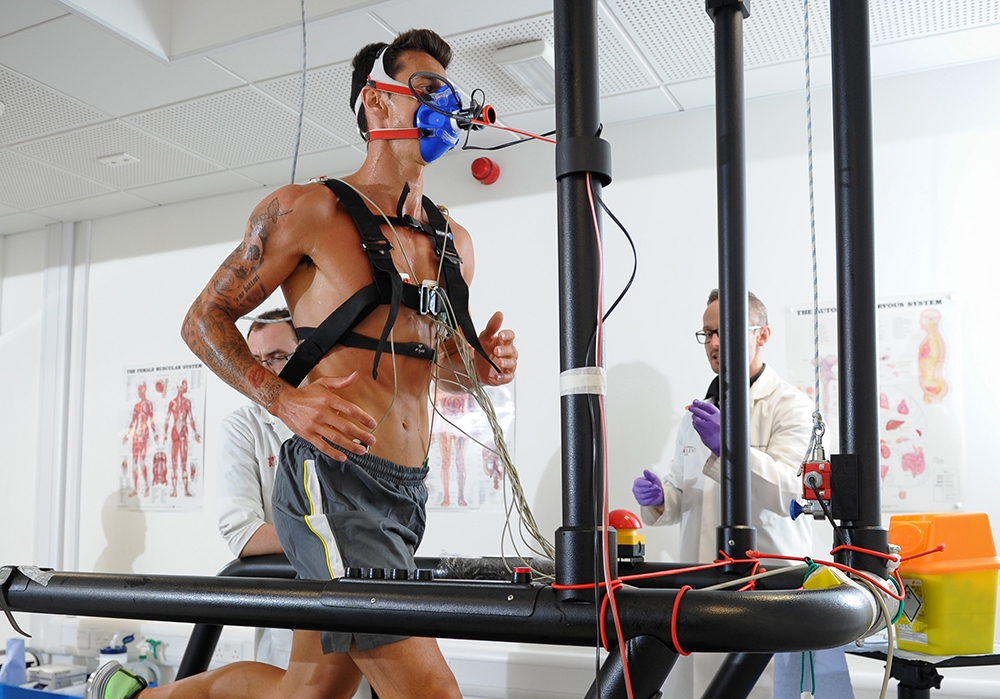Hassam Munir | Executive Editor (Online)
Featured image: York’s School of Kinesiology and Health Science celebrates its 50th birthday and 21st ranking in new report. | Courtesy of Cision
As York’s School of Kinesiology and Health Science celebrates its 50th anniversary during the 2016-2017 academic year, it has been ranked the third-best program of its kind in Canada and 21st in the world.
The ranking of 300 sport-focused universities, departments and schools that have been involved in sport-related research in the past five years was published by Shanghai Ranking as the Global Ranking of Sport Science Schools and Departments 2016.
The only Canadian schools to rank higher than York were the University of British Columbia, with its multiple sport-focused schools, in the 16th position and McMaster’s Department of Kinesiology, which ranked 18th.
Overall, 25 Canadian schools made the list out of the 300 ranked schools, putting Canada in fourth behind the United States, the United Kingdom and Australia.
“This stellar ranking reflects the very high standing of the School of Kinesiology and Health Science as an international leader in teaching and research,” says Robert Haché, York’s vice-president of research and innovation.
“It is a tremendous accomplishment,” he adds.
Professors are taking pride in such rankings, believing it can legitimize their students’ degrees.
“When [students] apply to professional schools or graduate schools, the prestige associated with our school carries a respectability that will benefit all of our students,” says Hernan Humana, kinesiology professor.
The ranking is based on multiple indicators of research performance, including the number of times papers published by researchers have been cited by other scholars, the number of citations such papers themselves have included and how many papers have been published in the top 25 per cent of relevant journals.
The highest-scoring institution, in this case the School of Exercise and Nutrition Sciences at Australia’s Deakin University, is assigned a score of 100, and the ranking of other institutions are calculated as a percentage of the top score. York’s score was 58.3.
However, the ranking may not be as authentic as it seems.
The authors of a study published in 2010 in the journal Scientometrics concluded that the criteria used by Shanghai Ranking are not relevant, and that the organization’s research methodology is flawed as well.
“Our view is that the Shanghai ranking, in spite of the media coverage it receives, does not qualify as a useful and pertinent tool to discuss the ‘quality’ of academic institutions, let alone to guide the choice of students and family or to promote reforms of higher education systems,” they said.
With files from Tina Taneja




